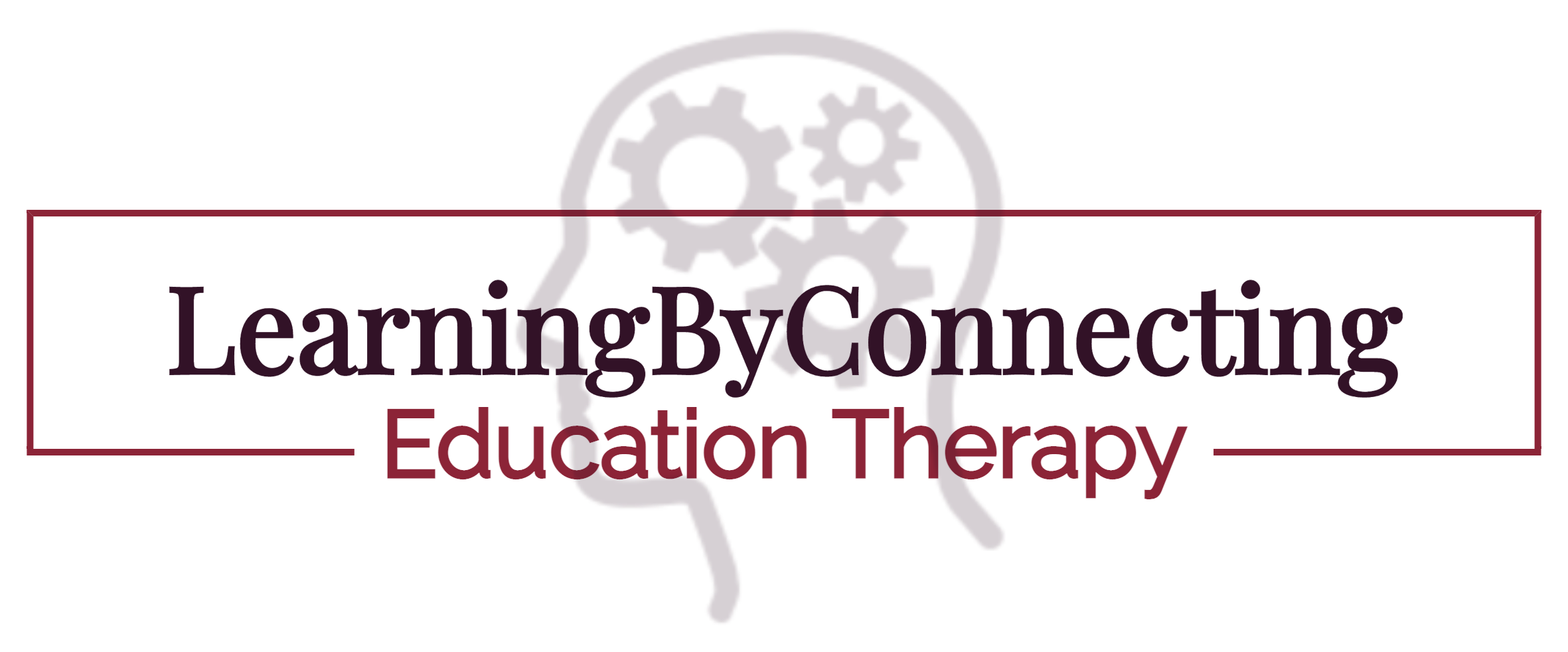Far Too Many Individuals Struggle with This Seemingly Basic Skill (according to the research)
![]()

By. Dr. Christine Powell, EdD LearningByConnecting Education Therapy
🎯Summary for those in a hurry: Literacy, far more than a school subject, is a crucial skill that opens doors to a fulfilling life. Read on to uncover the profound importance of literacy, especially for individuals with ADHD, and strategies to empower learning.
In a world overflowing with digital distractions, nurturing a love of reading can feel like an uphill battle. But literacy is more than just decoding words — it’s a superpower that opens doors to a fulfilling life. Yet, many children, particularly those with ADHD, face unique challenges on their path to reading proficiency.
The High Stakes of Early Reading
Research paints a stark picture: reading difficulties in early grades can have a domino effect, impacting far more than just school grades. The Annie E. Casey Foundation reports that students not reading proficiently by third grade are four times less likely to graduate high school on time. This, in turn, limits their access to higher education and well-paying jobs, perpetuating a cycle of disadvantage. Studies also reveal that adults with low literacy skills are more likely to face unemployment, financial instability, and even health complications.
ADHD: A Unique Hurdle
For children with ADHD, the path to reading proficiency is often a mix of obstacles. Challenges with focus, impulsivity, and working memory can make it difficult to sustain attention and comprehend what they’re reading. To compound this, up to 35% of children with ADHD also have dyslexia, a specific learning disability that directly impacts reading and language processing.
Sadly, many educators receive limited training in addressing these specific needs. A 2016 study in the Journal of Attention Disorders found that only 26% of teachers felt adequately prepared to teach students with ADHD. This knowledge gap can lead to missed opportunities for early intervention, hindering children’s progress and leaving parents feeling frustrated and alone.
Strong Readers, Empowered Individuals
Proficient readers develop a toolbox of highly valuable skills:
Critical thinking & problem-solving: They question assumptions, analyze information, and make informed decisions.
Empathy & understanding: Through stories, they connect with others on a deeper level, appreciating diverse perspectives.
Communicating with Confidence: A rich vocabulary empowers them to articulate their thoughts and ideas clearly.
Focus & resilience: They cultivate the ability to concentrate and sustain attention, a skill essential for academic and personal success.
Lifelong learning: A love for reading sparks curiosity and a passion for exploring new knowledge.
Beyond Decoding: Building Executive Functions
Recent research indicates that strong reading skills contribute to the development of executive functions — the mental processes that govern planning, organization, and self-regulation. These skills are crucial for success in all areas of life. For children with ADHD, who often experience challenges with executive function, fostering literacy can be transformative. It can enhance their ability to focus, plan, and manage their impulses, paving the way for greater success in and out of school.
Empowering Your Child: Actionable Strategies
As a parent, you play a pivotal role in your child’s literacy journey. Here are some research-backed strategies to help:
Prioritize Shared Reading Time: Carve out dedicated time each day for reading together. Encourage active participation through discussions and questions.
Embrace Variety: Offer a wide selection of materials, including books, magazines, audiobooks, and even graphic novels. Let your child explore different genres and formats to find what sparks their interest.
Make it Relevant: Connect reading to everyday life. Read recipes together, explore maps, or decipher instructions for a new game.
Track Progress & Celebrate Success: Maintain a reading log to monitor progress and celebrate achievements, fostering a sense of accomplishment and motivation.
Seeking Support
If your child is struggling with reading, don’t hesitate to seek help outside of school. Early intervention is crucial. Consider working with a tutor, educational therapist, or other qualified professional to provide individualized support tailored to your child’s unique needs.
Literacy is an essential building block for a meaningful life. By nurturing a love for reading and supporting your child’s learning needs, you’re empowering them to reach their full potential and thrive in a world that demands strong literacy skills. Remember, every page turned is a victory, and every story shared is a connection made. Happy Reading to you all and Happy Literacy Month, USA.


